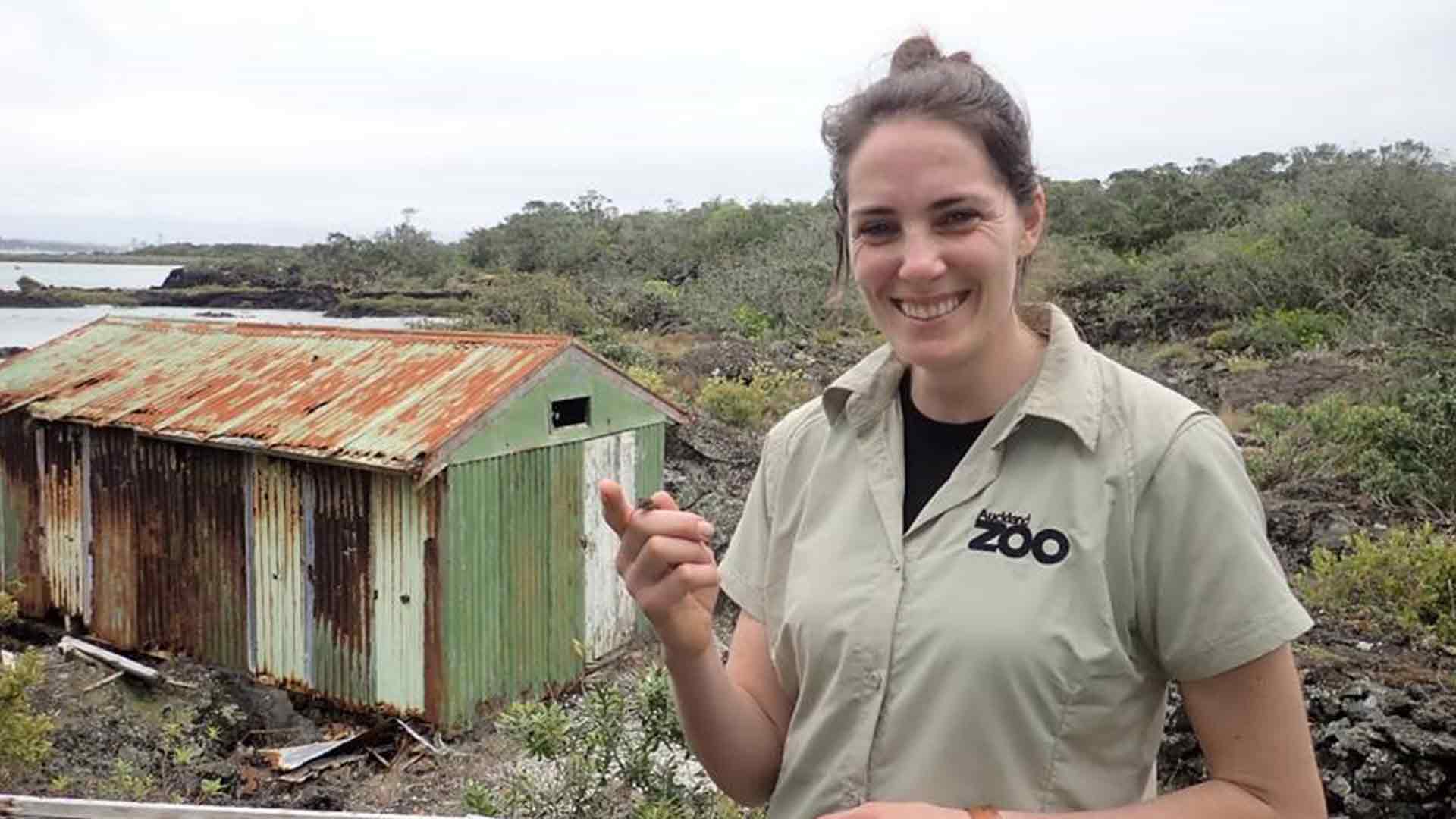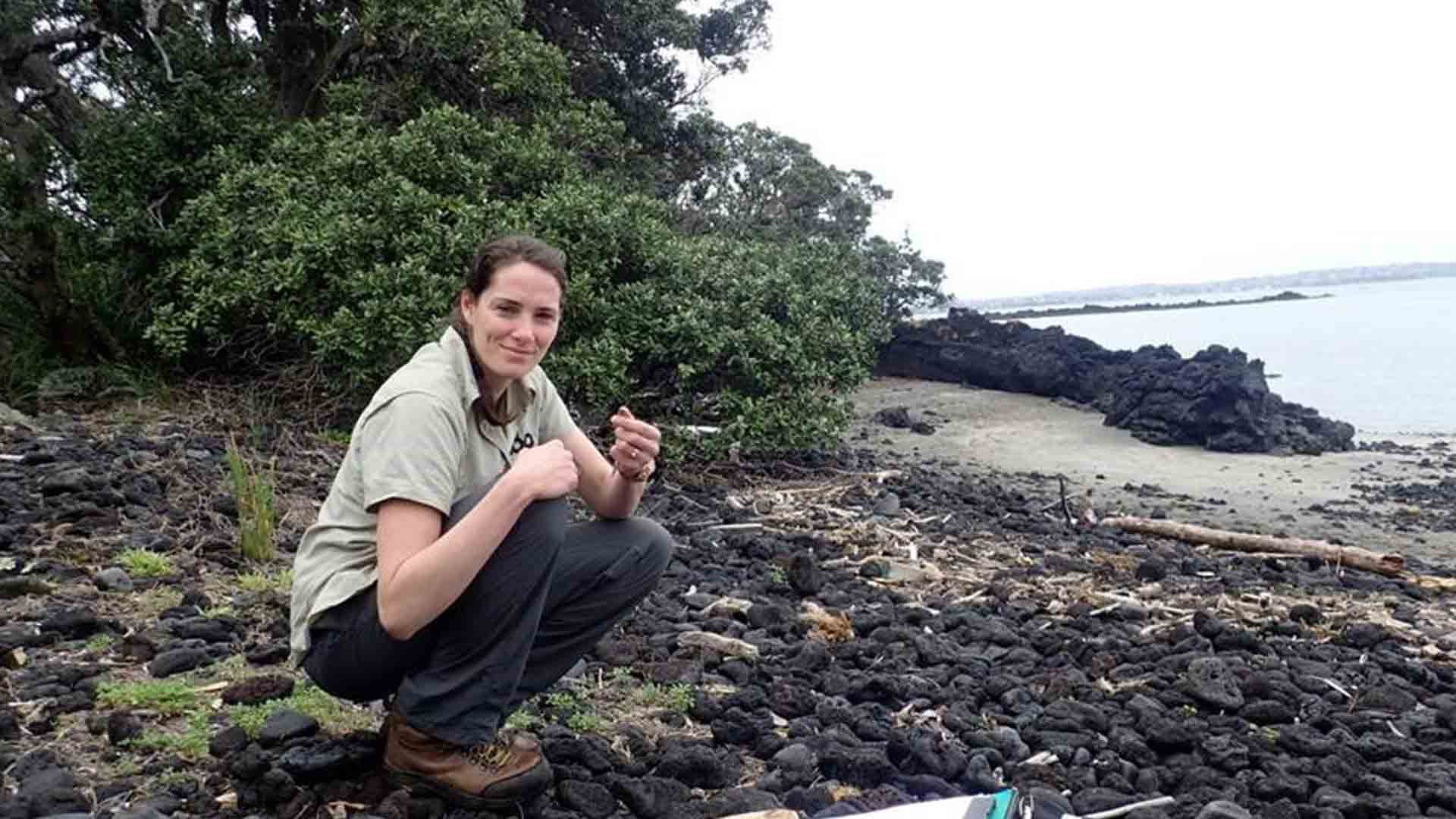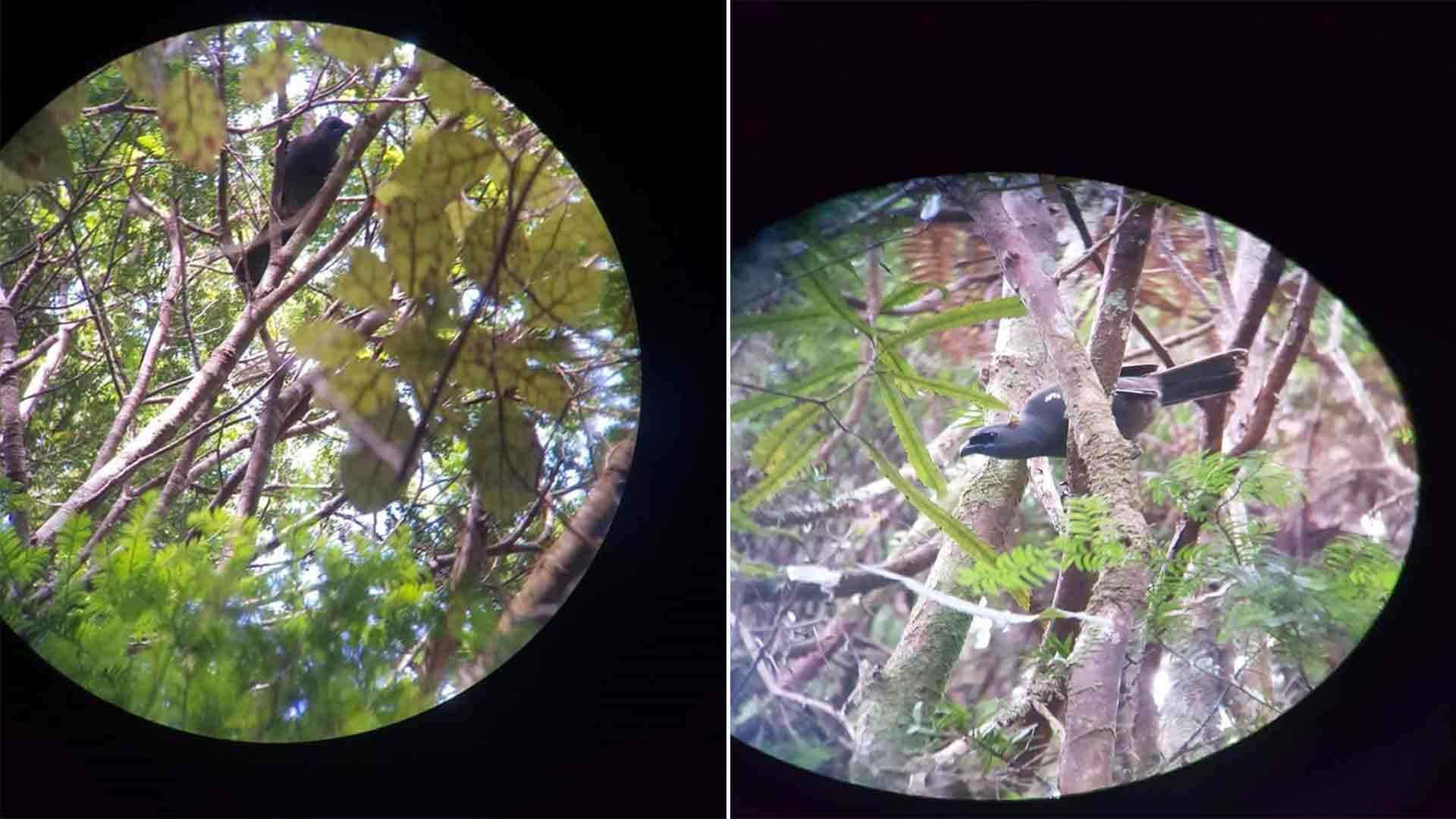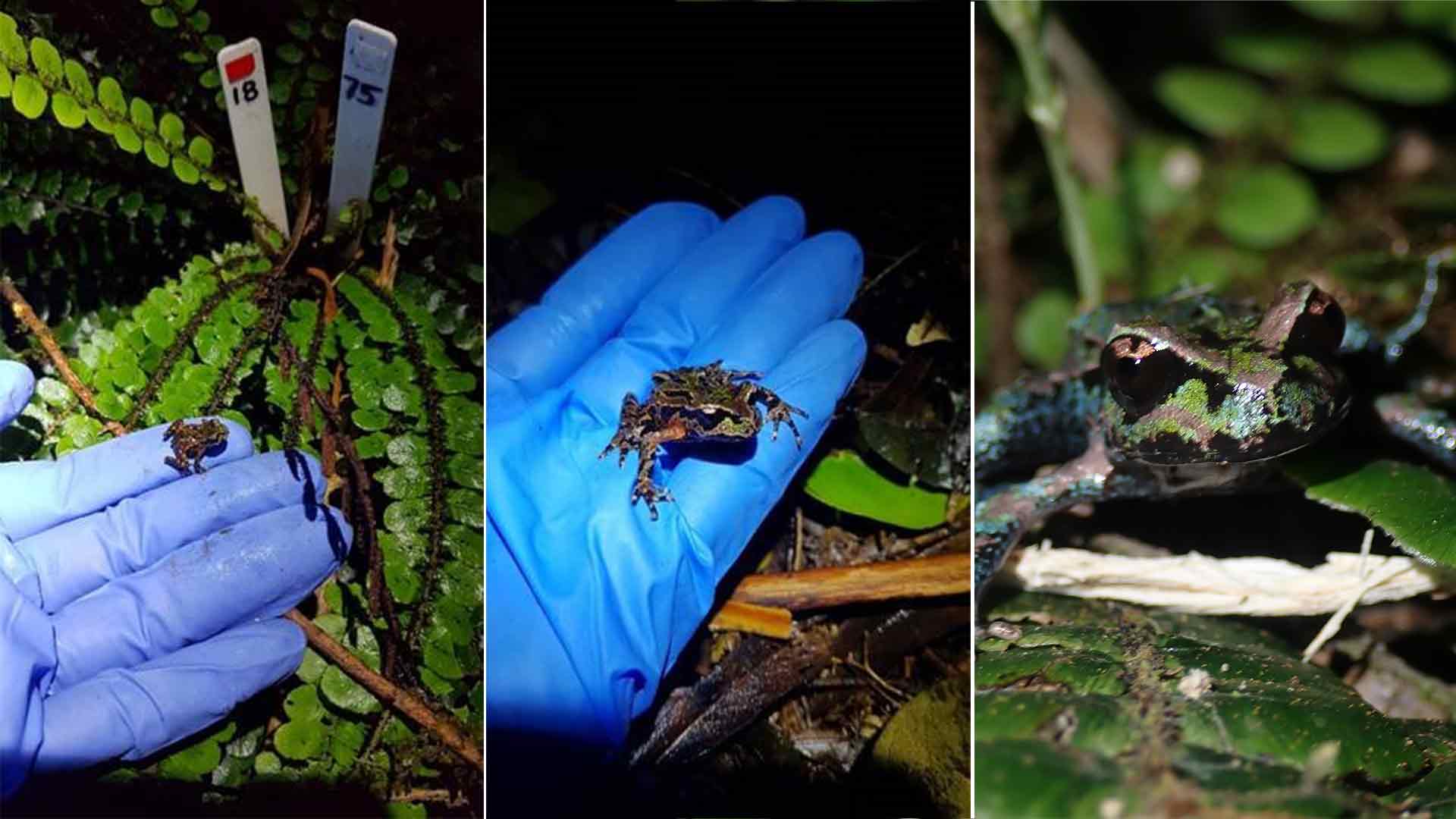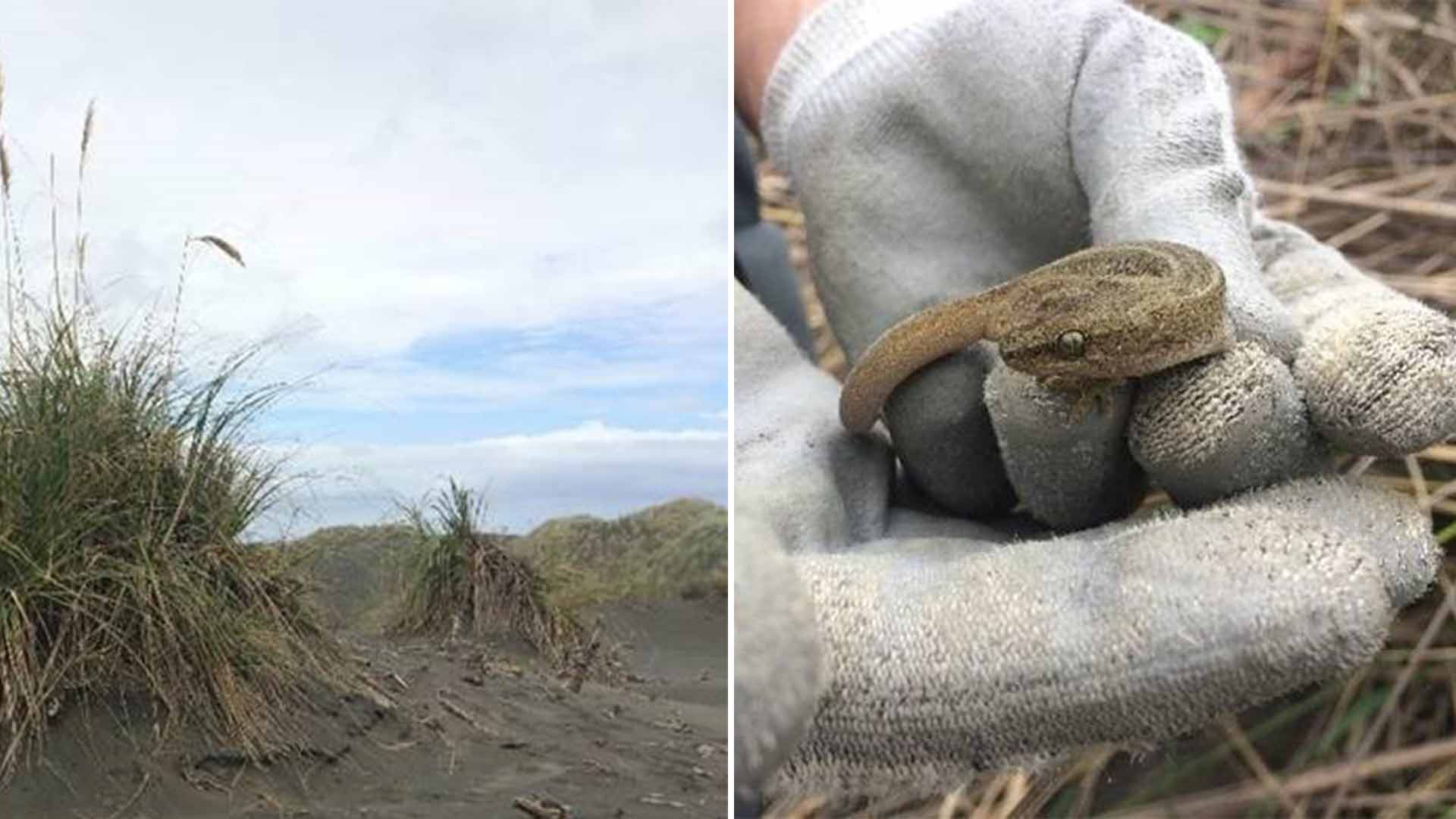Hi, I’m Derryn, and I’m the Fieldwork Coordinator at Auckland Zoo. I’m a relative newcomer to the Zoo, having built up my ‘transferable skills’ in other sectors for many years and I went back to university to complete a degree in Ecology and Environmental Science so that I could pursue my passion to work in conservation. This a role where no two days are the same, and as I write this from home, that hasn’t changed!
Auckland Zoo is dedicated to wildlife conservation, both here at the zoo and in the wild. Through our fieldwork programme, zookeepers utilise their specialist skills and expertise in helping to conserve iconic threatened species such as kiwi, kākāpō, tākahe and wetāpunga, as well as lesser known (but no less important!) cobble skink, rifleman and black mudfish to name but a few. Our ‘WildWork’ includes breed to release programmes at the zoo, carrying out predator control activities, translocations (moving animals from one site to another), conducting distribution or population surveys, or researching the behaviour and ecology of little-known species. We work alongside national conservation partners, including the Department of Conservation, as well as engaging with local community groups and other NGO’s across the length and breadth of New Zealand.
But our work doesn’t stop at the New Zealand border. Over the years we’ve worked in many incredible, far-flung destinations around the world, including Nepal, Sumatra and Namibia, where we’ve dedicated more than 2,000 hours to saving wildlife unique to those ecosystems. In recent years, Auckland Zoo’s international field work has increasingly focused closer to home, providing guidance, support and resources to a number of vital field work projects throughout the South Pacific, including efforts to save the manumea (tooth-billed pigeon) in Samoa and the Marquesas monarch (a flycatcher) in French Polynesia.


